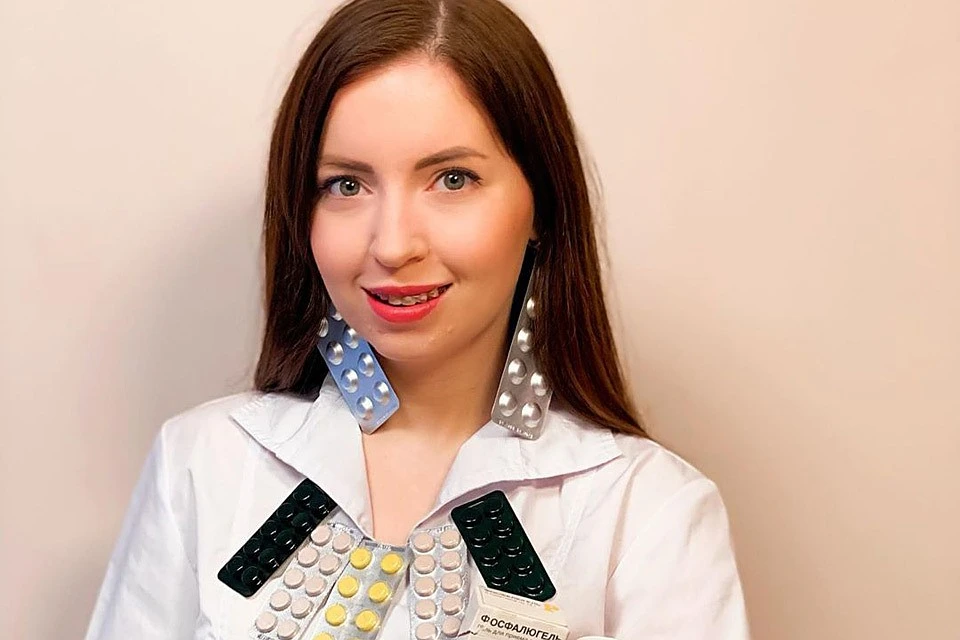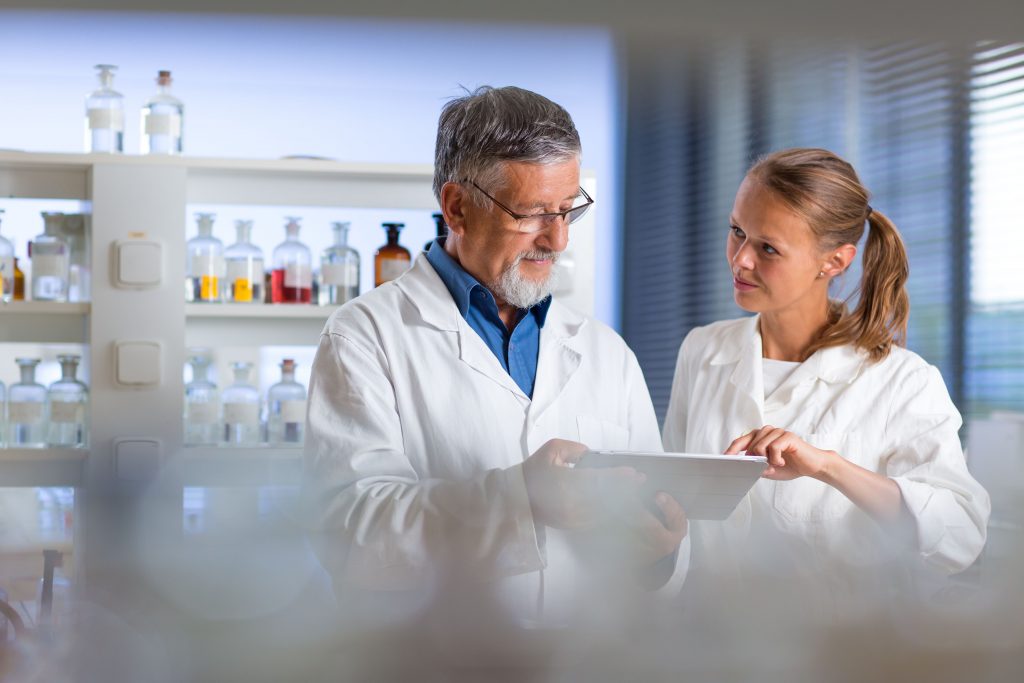
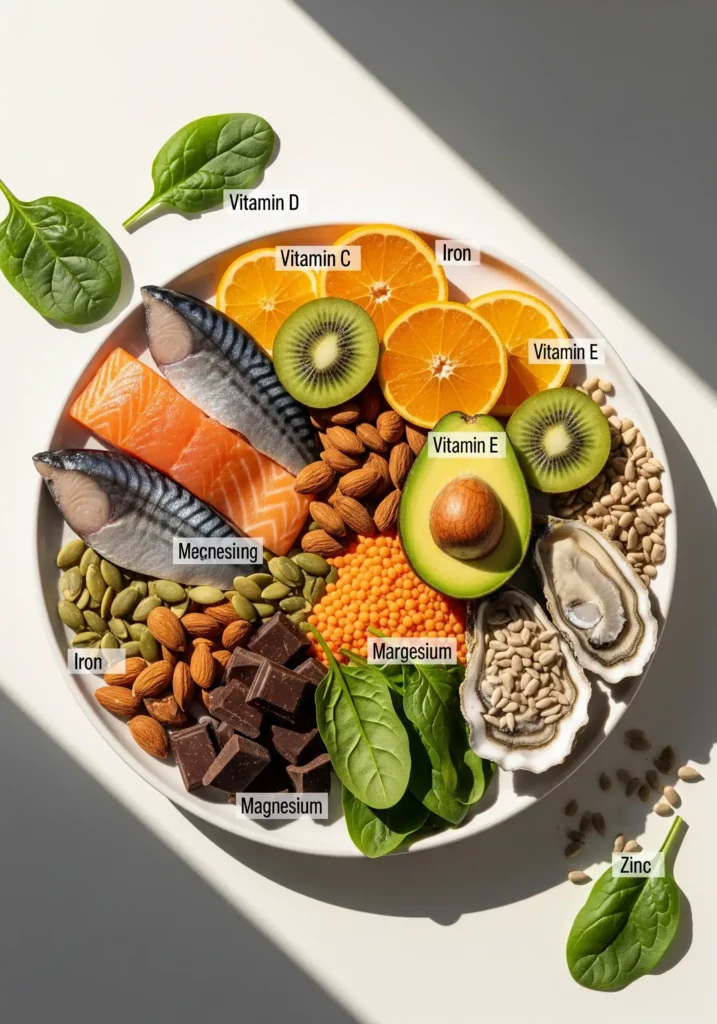
With the arrival of cold weather, the body experiences increased stress: less sunlight, dietary changes, stress, and seasonal viruses. This is exactly the time when it is especially important to get the necessary nutrients from food and, if needed, from supplements.
In our selection — 6 essential elements to support immunity, energy, and well-being in autumn and winter.
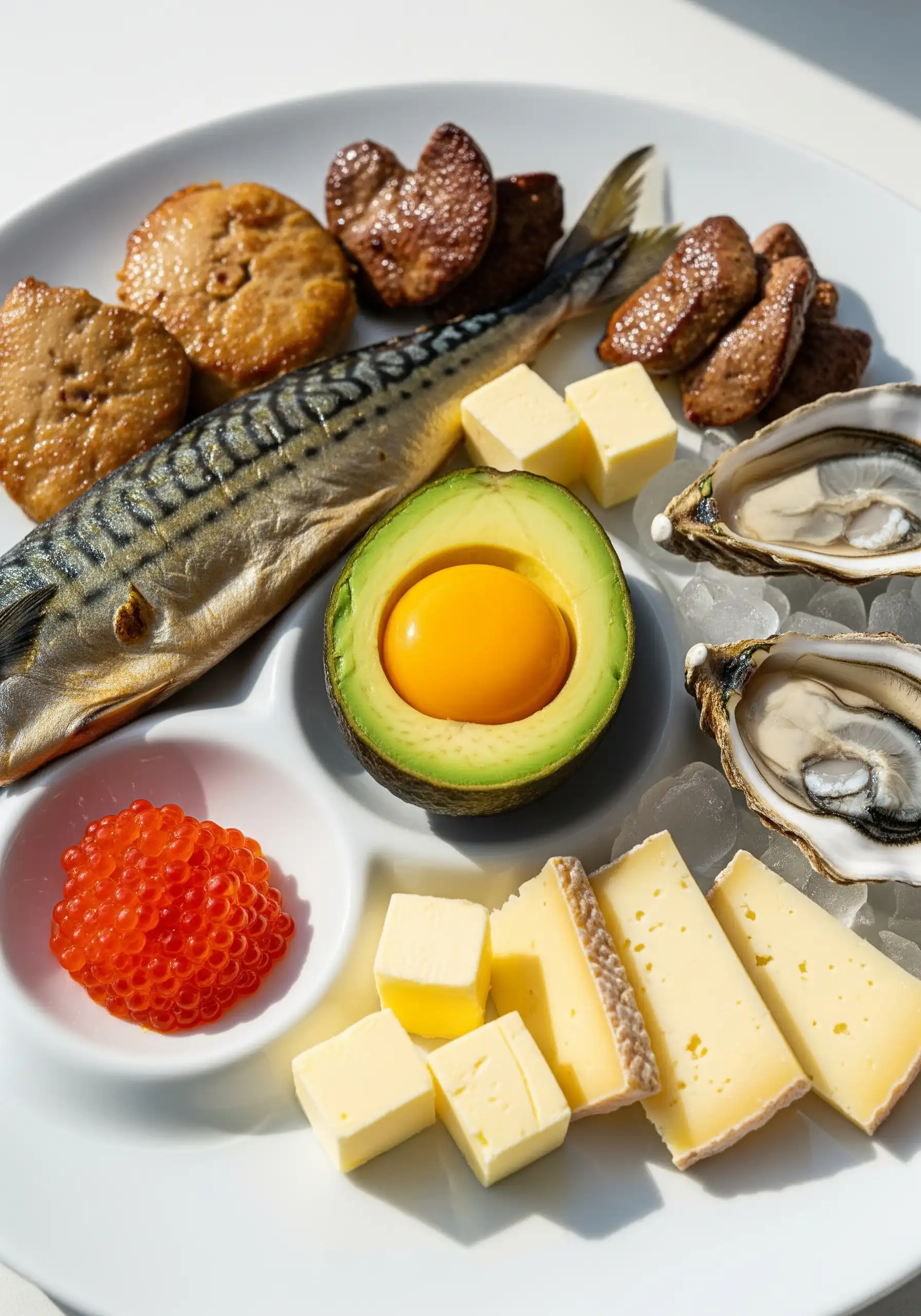
Vitamin D — “Sun on a plate”
Vitamin D regulates calcium and phosphorus metabolism, supports bones and immunity.
In autumn and winter, its levels decrease due to lack of sunlight.
Sources: mackerel, cod liver, eggs, caviar, shellfish, hard cheese.
Tip: if you live in northern latitudes or rarely get sun exposure, monitor your vitamin D levels with tests and consider supplements.
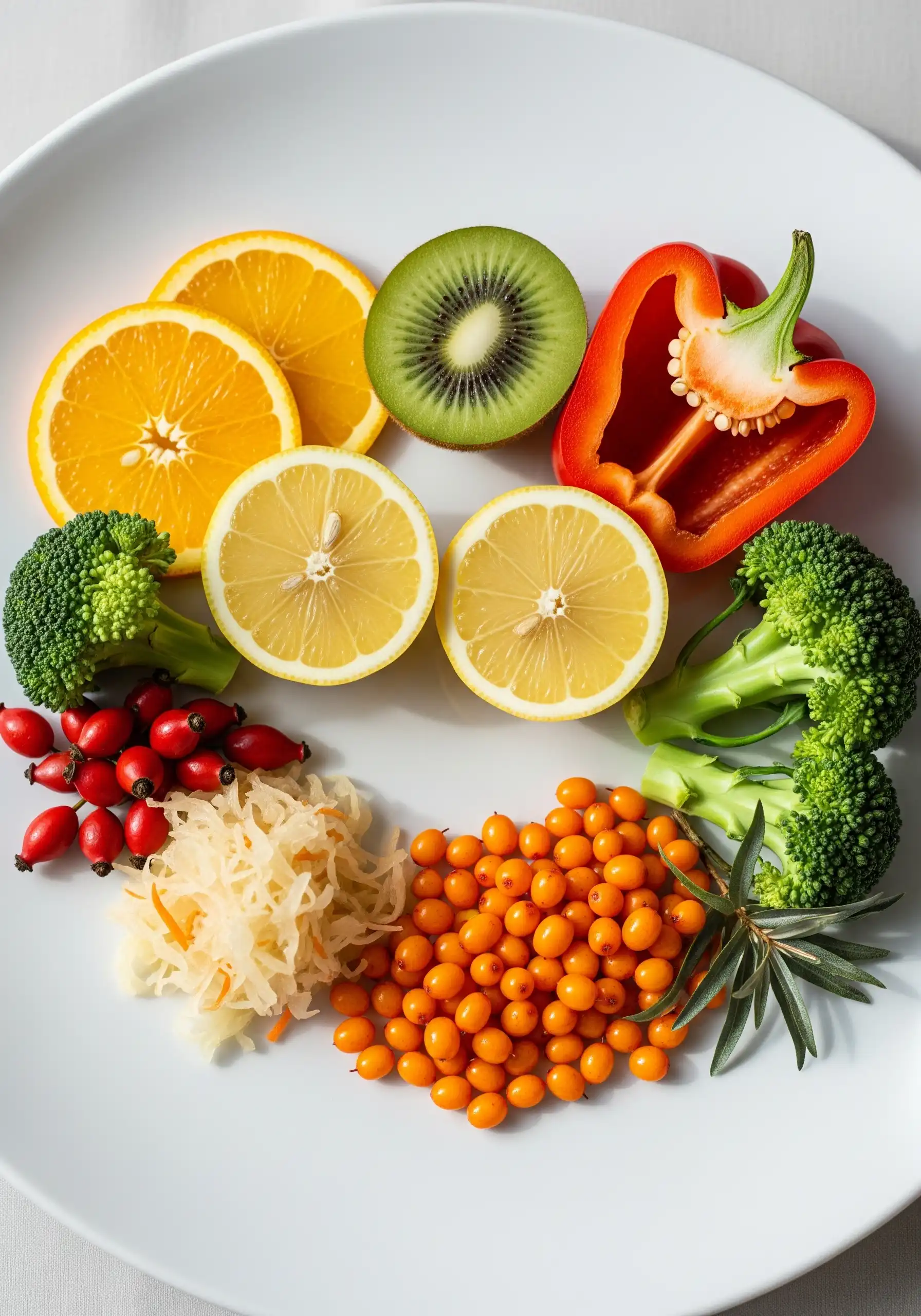
Vitamin C — “Immune defense”
The most well-known vitamin against colds. It boosts immunity, promotes collagen synthesis, and speeds up recovery after illness.
Sources: citrus fruits, kiwi, rosehip, sea buckthorn, bell pepper, broccoli, sauerkraut.
Tip: heat destroys vitamin C, so choose fresh fruits and vegetables whenever possible.
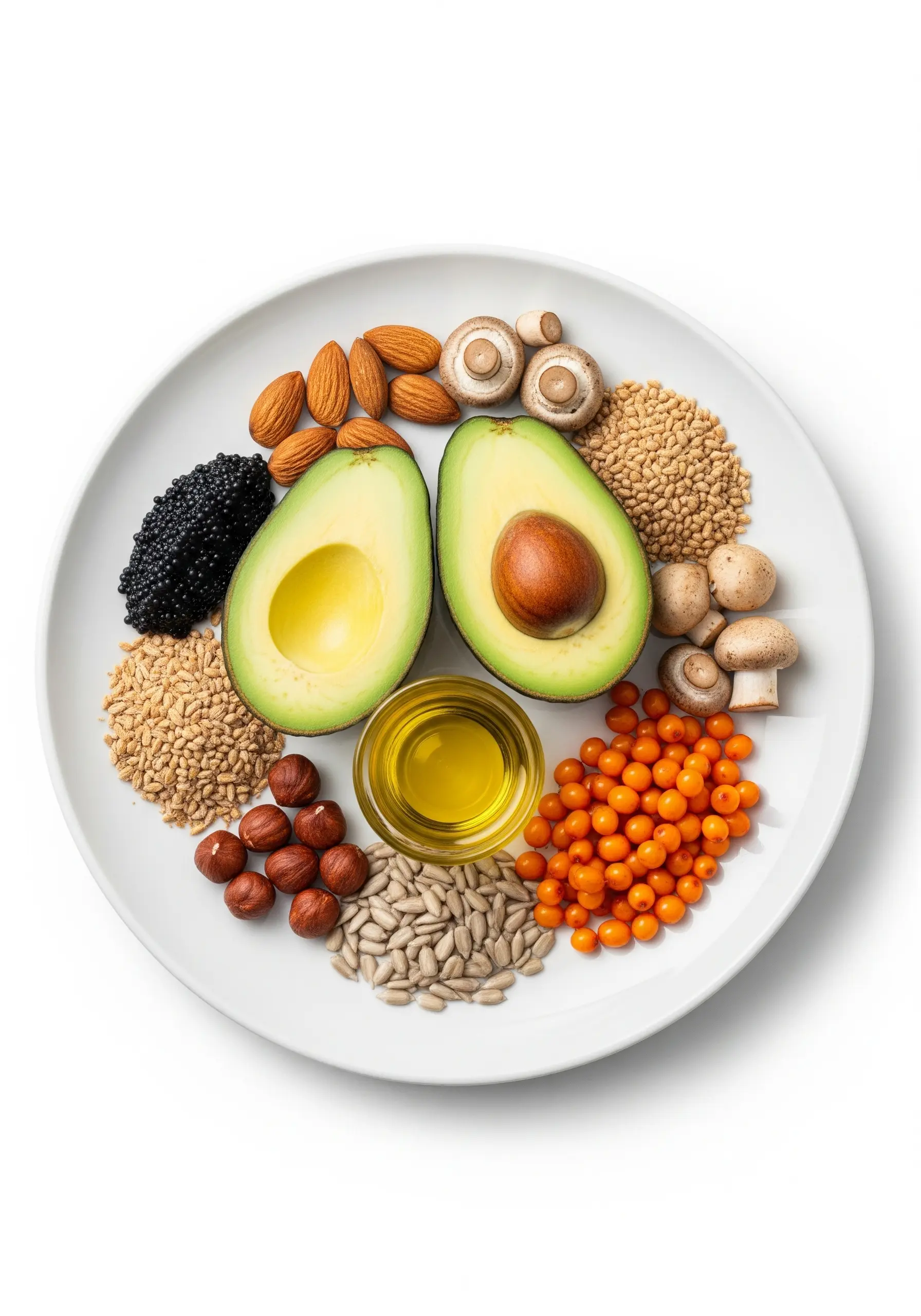
Vitamin E — “Cell antioxidant”
A powerful antioxidant that protects cells from free radical damage. It is also important for heart health, skin, and the reproductive system.
Sources: nuts (almonds, hazelnuts), avocado, sunflower seeds, vegetable oils, sea buckthorn.
Tip: best absorbed with fats, so add nuts or seeds to meals with vegetable oil.
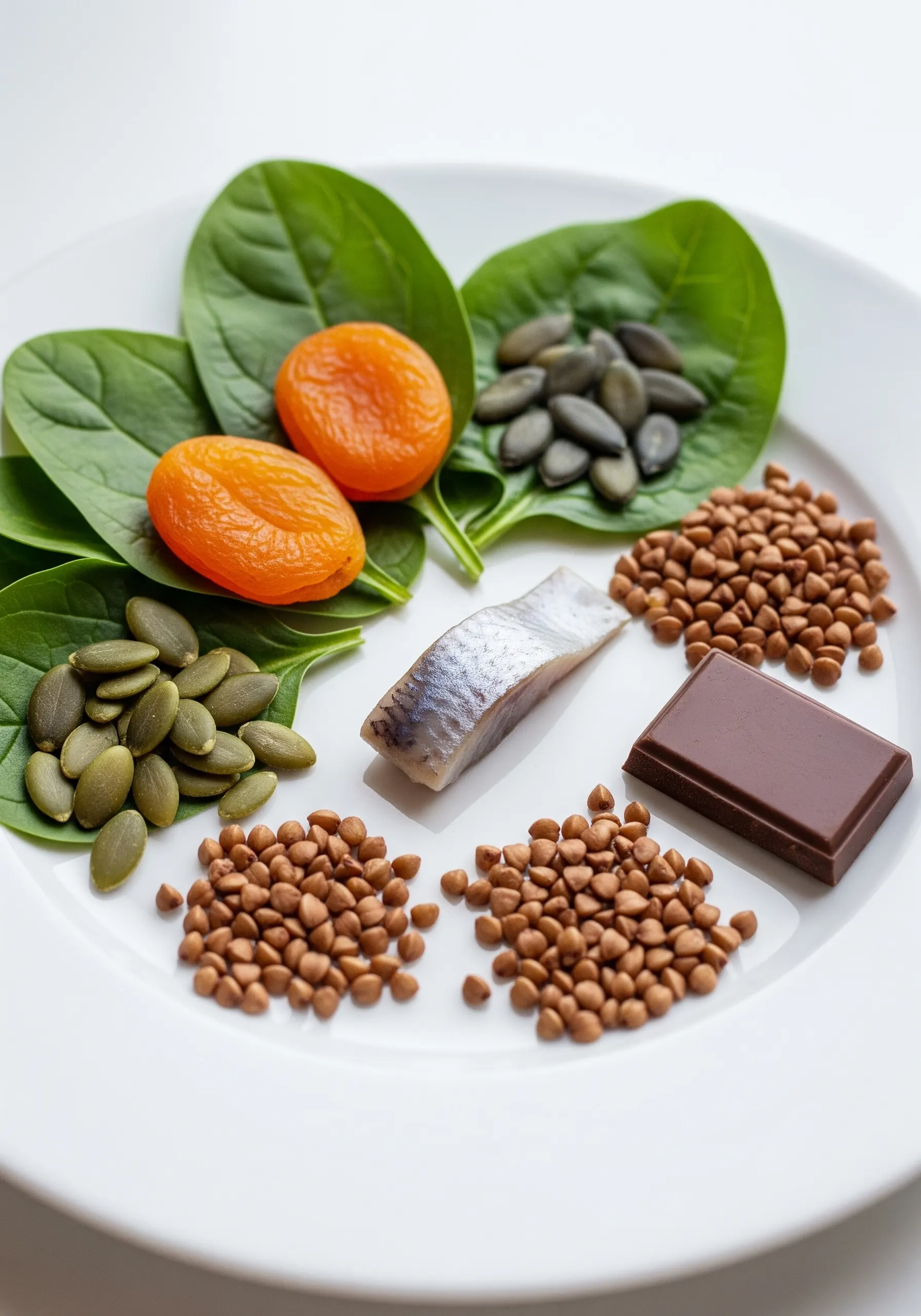
Magnesium — “Calm and energy”
A mineral for the nervous system, heart, and muscles. Reduces stress, supports sleep, and helps restore energy.
Sources: pumpkin seeds, spinach, buckwheat, dried apricots, herring, dark chocolate.
Tip: if you feel fatigue, irritability, or muscle cramps — it may be a sign of magnesium deficiency.
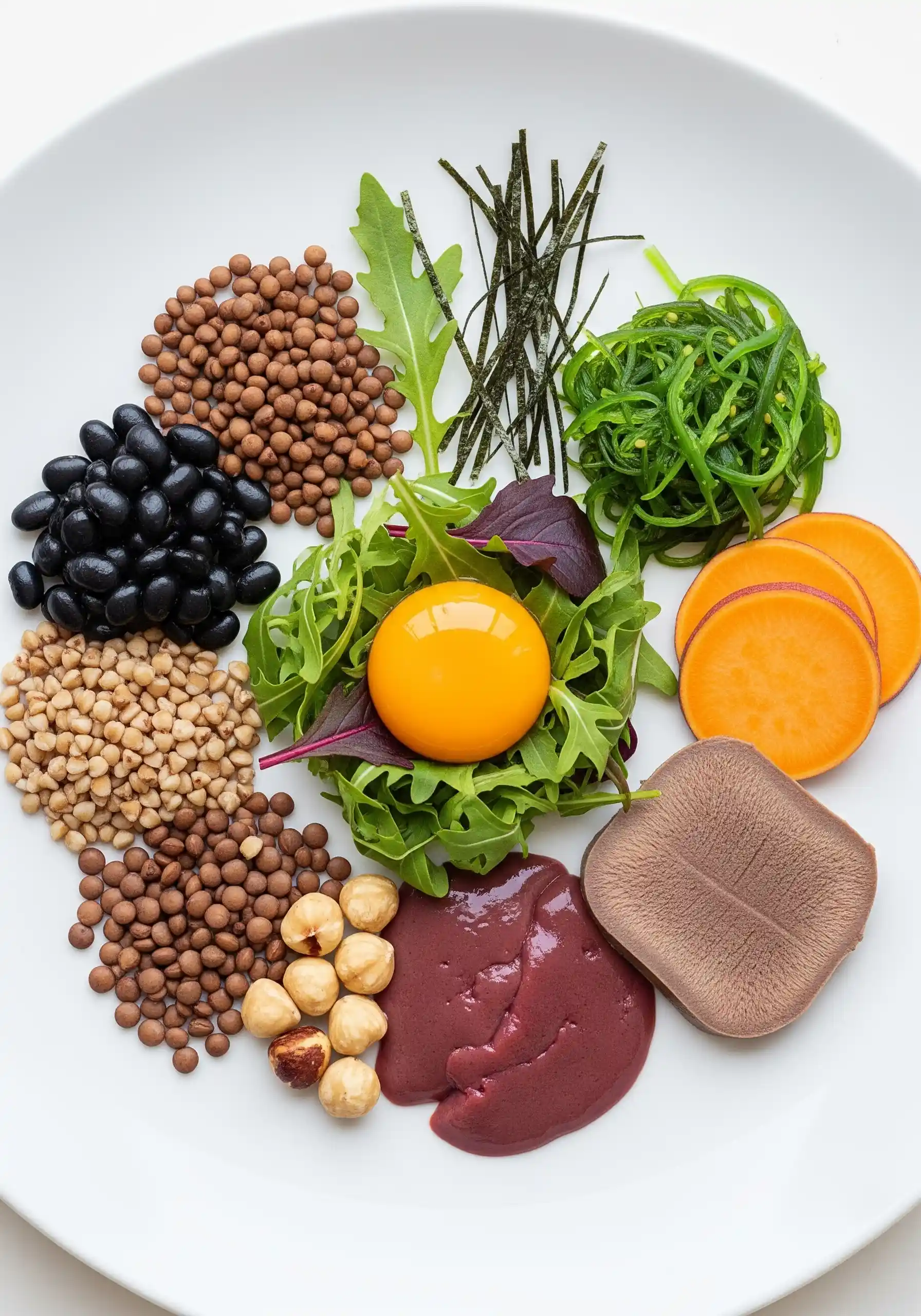
Iron — “Strength and endurance”
An essential trace element for blood formation and oxygen transport. Its deficiency causes anemia, weakness, and dizziness.
Sources: liver, eggs, legumes, buckwheat, lentils, seaweed, sweet potatoes, hazelnuts.
Tip: plant-based iron is better absorbed together with vitamin C.
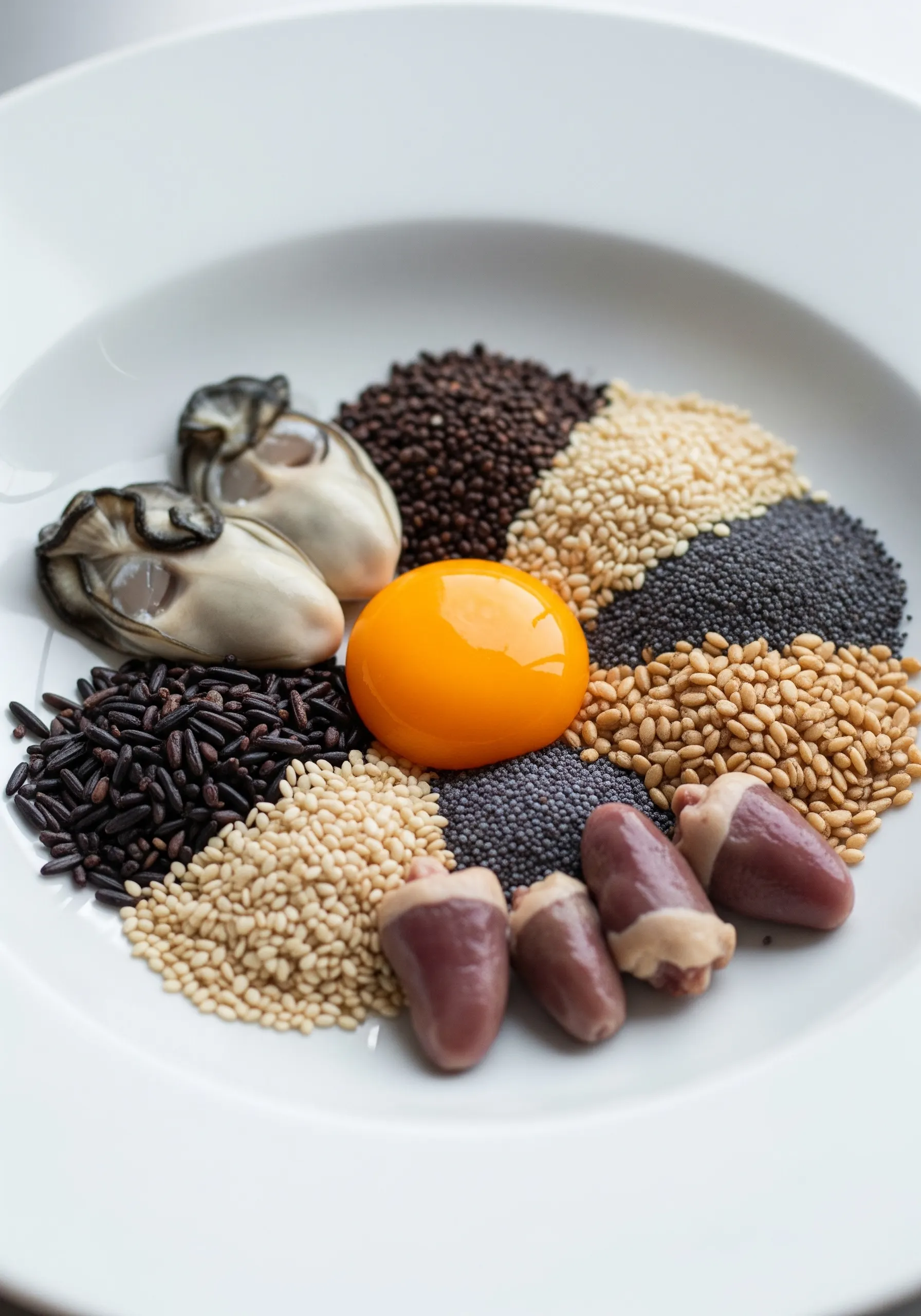
Zinc — “Immunity and recovery”
Zinc supports immunity, wound healing, and the health of skin and hair. In autumn, it helps the body fight viruses.
Sources: oysters, shellfish, eggs, sesame seeds, poppy seeds, bran, chicken hearts.
Tip: zinc deficiency may show as hair loss and frequent colds.
Conclusion
A well-balanced “autumn plate” will help you stay energetic, maintain immunity, and avoid deficiencies.
Remember: a balanced diet is the foundation of health, and if necessary, consult a doctor regarding vitamins and minerals in supplement form.
Sources
-
National Institutes of Health. Vitamin D Fact Sheet for Health Professionals. NIH.gov
-
National Institutes of Health. Vitamin C Fact Sheet for Health Professionals. NIH.gov
-
National Institutes of Health. Vitamin E Fact Sheet for Health Professionals. NIH.gov
-
Gröber U., Schmidt J., Kisters K. Magnesium in Prevention and Therapy. Nutrients. 2015;7(9):8199–8226.
-
World Health Organization. Iron deficiency anaemia: assessment, prevention and control. WHO, 2001.
-
Roohani N., Hurrell R., Kelishadi R., Schulin R. Zinc and its importance for human health: An integrative review. J Res Med Sci. 2013;18(2):144–157.

